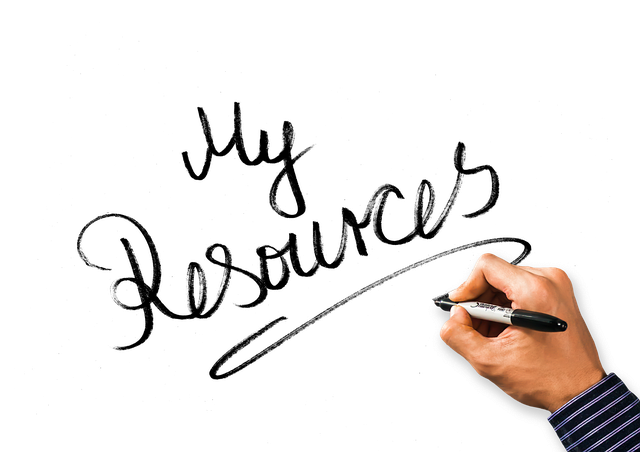 Authors who write fiction are often looking for resources to help with all facets of the business, from inspiration through selling. Today, we’ll look at some of the tried-and-true resources to help fiction writers.
Authors who write fiction are often looking for resources to help with all facets of the business, from inspiration through selling. Today, we’ll look at some of the tried-and-true resources to help fiction writers.
1. Hooked: Write Fiction That Grabs Readers at Page One & Never Lets Them Go by Les Edgerton. This is a fabulous book whose title says it all. It offers great advice on starting a story in ways that are compelling and eye-catching. While it focuses on the beginning, it also offers a great deal of insight on story structure and what to do after you’ve got ‘em hooked.
2. On Writing: A Memoir of the Craft by Stephen King. This combination of memoir and writing advice book offers insight into the mind of one of the most popular writers of our time. The book provides many details about King’s personal experience with writing, from childhood, teen years, and adulthood, which is interesting for any King fan. But it also offers some pithy advice on writing, including that King hates adverbs (passionately! I’m joking; you know… because it’s an adverb… never mind if I have to explain it). Regardless, King tries to blot all adverbs from his books.
3. Take Off Your Pants: Outline Your Books for Faster, Better Writing by Libbie Hawker. Whether you’re a plotter or a pantser, this is a great book. It goes over the basic elements of storytelling and helps you create an easy outline to ensure your story doesn’t go off-track. The book is short, charming, and really useful to anyone interested in a loose structure to help their story stay focused and well-paced throughout.
4. The Chicago Manual of Style. This is a great guide book for current content, grammar, and style rules. While you may need your own specific stylesheet for character names and lingo in your fictional world, the CMS can cover every other style decision. From when to spell out numbers to how to prep your manuscript, it’s all in there. You can order a hard copy of the book or get an online subscription.
5. Elements of Style by William Strunk, Jr. This classic never gets old. It’s a short, simple primer to keep your grammar tiptop; it also offers key writing tenets. As a plus, it’s available for free as an eBook as the copyright has expired. If you prefer dead-tree or want an updated foreword, paid editions are available as well.
6. The Write Faster, Smarter book series by Chris Fox. This series includes eight books. I’m not saying writers need to read all of them; however, as a whole, the series has useful books for whatever writing issue might be concerning indie authors. His book Plot Gardening will help with plotting, while Launch Your Novel goes into the details of a successful book launch. Already got a novel out and want to revamp it and improve sales? Check out Relaunch Your Novel. He’s got a book called Write to Market, as well. They’re all interesting and useful for indie fiction writers.
7. Indies Unlimited. Yeah, we could have gone higher on the list, but that would look boastful. IU is a great place to find out answers to burning questions about indie writing and publishing. Writers can also dazzle the world with their talent weekly in IU’s Flash Fiction contest. In addition to the regular blog posts, IU has several resource pages that discuss everything from book covers to legal resources for authors. Just click the Resources dropdown menu at the top of this page.

Thanks, RJ!
A few web resources would round this out. I’m glad to see that Indies Unlimited made the cut. 🙂
Great list, RJ, thank you! I’m going to include it in this week’s Notes for Writers email (https://notesforwriters.substack.com/).